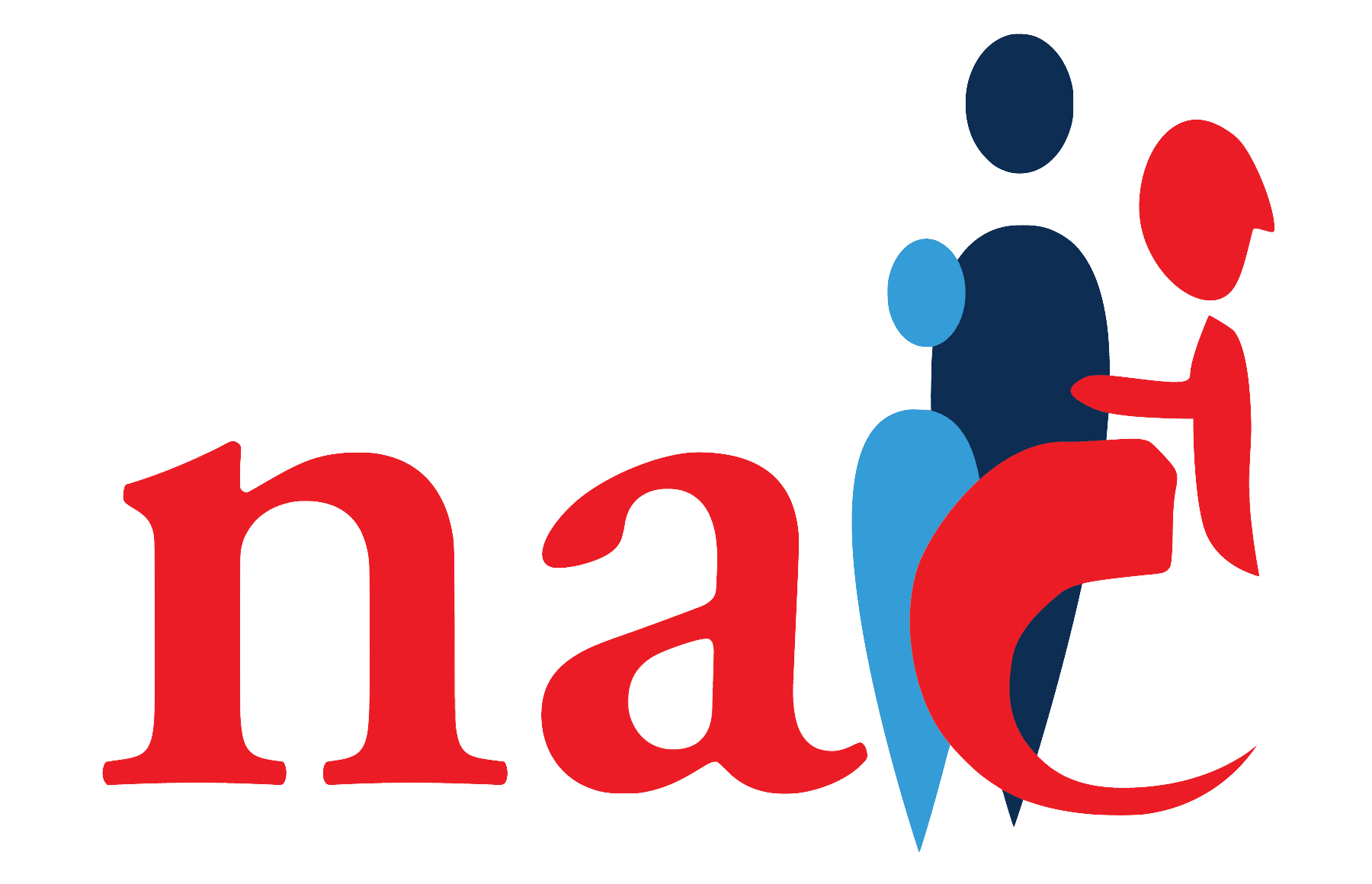Melanie is a member of the Millie Lacs Band of Ojibwe in the Minnesota region. Previously, she cared for her mother, who had dementia and related health conditions, and her sister, who was diagnosed with terminal cancer. Currently, she cares for her brother, who has an undiagnosed immunosuppressant disease.
Melanie has experienced similarities and differences in her caregiving roles. For her mother and sister, she has cared for them with the rest of her family at home, helping them out of bed, getting them food, and providing other basic needs. She found the experiences both stressful and heartbreaking to see someone she loves so ill and unable to help them. She often found herself confronted with guilt that she wasn’t doing enough or when she had to travel away from home for work. She also feels guilt when caregiving takes away from her time with her grandkids.
Melanie’s brother lives in their tribe’s assisted living unit, but Melanie and her family do not utilize the staff, instead doing all tasks themselves, because of concern over the Covid-19 pandemic. Melanie and her sister even do specialized medical tasks for their brother like administering meds through a stomach tube, a process Melanie was taught by her sister, and not by any official training, especially due to the fact that the staff at the unit is not trained for this task. While Melanie felt that caring for her mother was her responsibility and not a caregiving role, she definitely feels like a caregiver for her brother.
As an Anishinabe, Melanie feels there is an unspoken law to care for others in your community, especially family members. She has started petitioning her reservation to provide more support for long-term care that families can’t manage on their own. For Melanie, all governments, from local to federal, need to pass legislation that pays caregivers, provides Paid Family Leave, and gets them support. Those making legislation also need to realize every community’s cultural needs are different, and they cannot all be relegated to one box. These laws should be flexible so communities can care for their own people the way they see fit.
